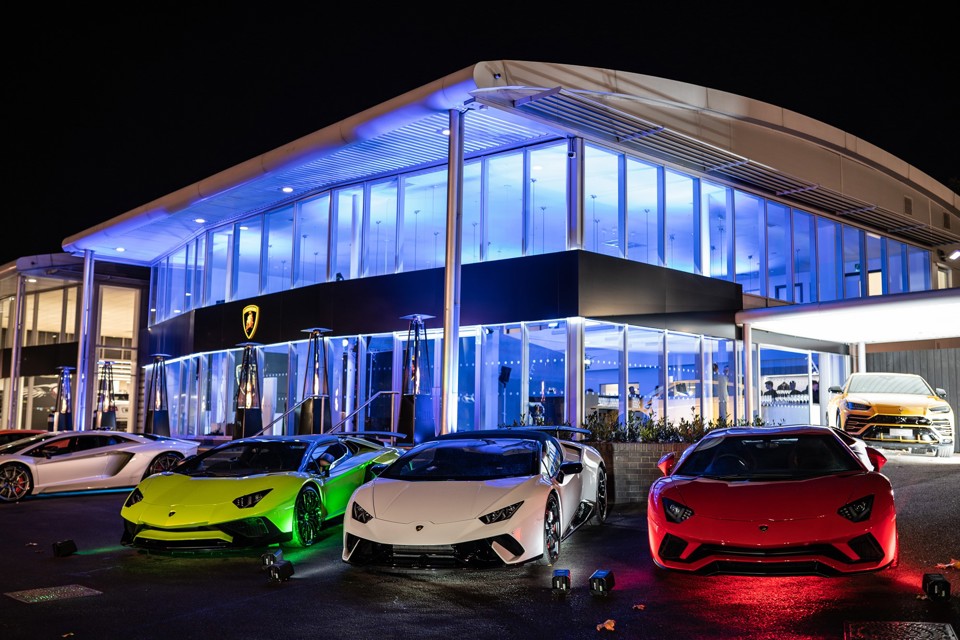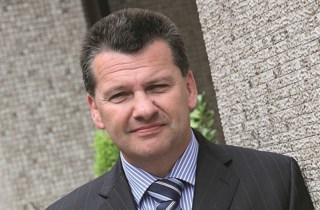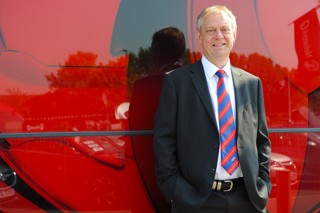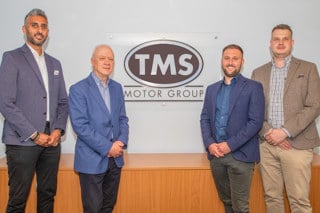Cambria Automobiles has reported that increased profit per unit generated by its luxury franchise portfolio helped to mitigate the effects of a 24.9% slump in new car sales during the three months to the end of November.
In a trading update issued via the London Stock Exchange today, the AM100 retail group said that it remained cautious about the year ahead, and the challenges posed by Brexit and declining customer confidence, but insisted that it was “well positioned for the year ahead”.
Cambria said that its new vehicle unit sales for the quarter were down by almost a quarter (24.9%), with private sales down 18.8%, with certain volume franchises experiencing the largest reductions in unit sales.
But the group said that its shift towards a luxury franchise portfolio in 2018 had helped it to mitigate the decline's effects.
It said: “The gross profit per retail unit improved significantly on a total basis as a result of the stronger mix from the new franchised outlets representing Bentley, Lamborghini and McLaren.
“Group profit per unit also improved on a like for like basis over the same period and the overall impact of the improved profit per unit mitigated the reduction in unit sales.”
Updating investors ahead of its AGM this morning, Cambria confirmed that the opening of its second Lamborghini dealership in November 2018 alongside its Bentley dealership in Royal Tunbridge Wells had been successfully completed.
This follows a full redevelopment of the facility and provides an exciting addition to the Group’s growing High Luxury Segment (HLS) businesses.
The statement added: “The major property development for Jaguar Land Rover, Aston Martin and McLaren at Hatfield is progressing well and the Jaguar and Land Rover facility was completed for occupation in December as planned.
“It is now anticipated that the Aston Martin and McLaren facility will be ready in February 2019.”
On December 21, the Group completed the sale of its Royal Wootton Bassett Freehold property for £2.75m.
The property was formerly occupied by the Group’s Land Rover operation in Swindon before its relocation to the newly developed Jaguar Land Rover freehold facility in Swindon which took place in July 2018.
Cambria described its overall trading the first three months of its current financial year as being in-line with the board’s expectations and ahead of the corresponding period in 2017, both on a total and like-for-like basis.
It acknowledged that the new car market had been significantly affected by the impact of the introduction of the Worldwide Harmonised Light Vehicle Test Procedure (WLTP) in September
Used vehicle sales also suffered a 10.5% (like-for-like units down 2.9%) decline compared with the same period in the prior year, but the group claimed that this too had been mitigated by a continued improvement in gross profit per unit.
As a result of the improved profit per unit, the like for like profit from the used car department improved year on year.
Revenues from aftersales during the period rose by 1.9% (like-for-like up 2.6%), with gross profit up 6.5% year on year (like-for-like up 8.3%), meanwhile.
The group’s statement said: “The Board remains cautious about the general uncertainty in the economy and around the consumer environment, particularly with the ongoing uncertainty around Brexit and the terms of the UK’s departure from the EU.
“The continued progress made through 2018 with the Group’s franchising and property development has further enhanced Cambria’s excellent portfolio of dealerships and leaves the business well positioned for the year ahead, with strong representation across the Premium and High Luxury Segments of motor retail.”

















Login to comment
Comments
No comments have been made yet.